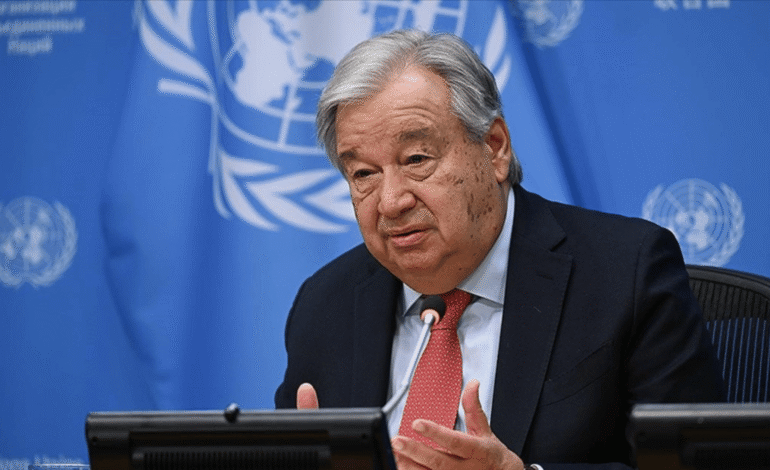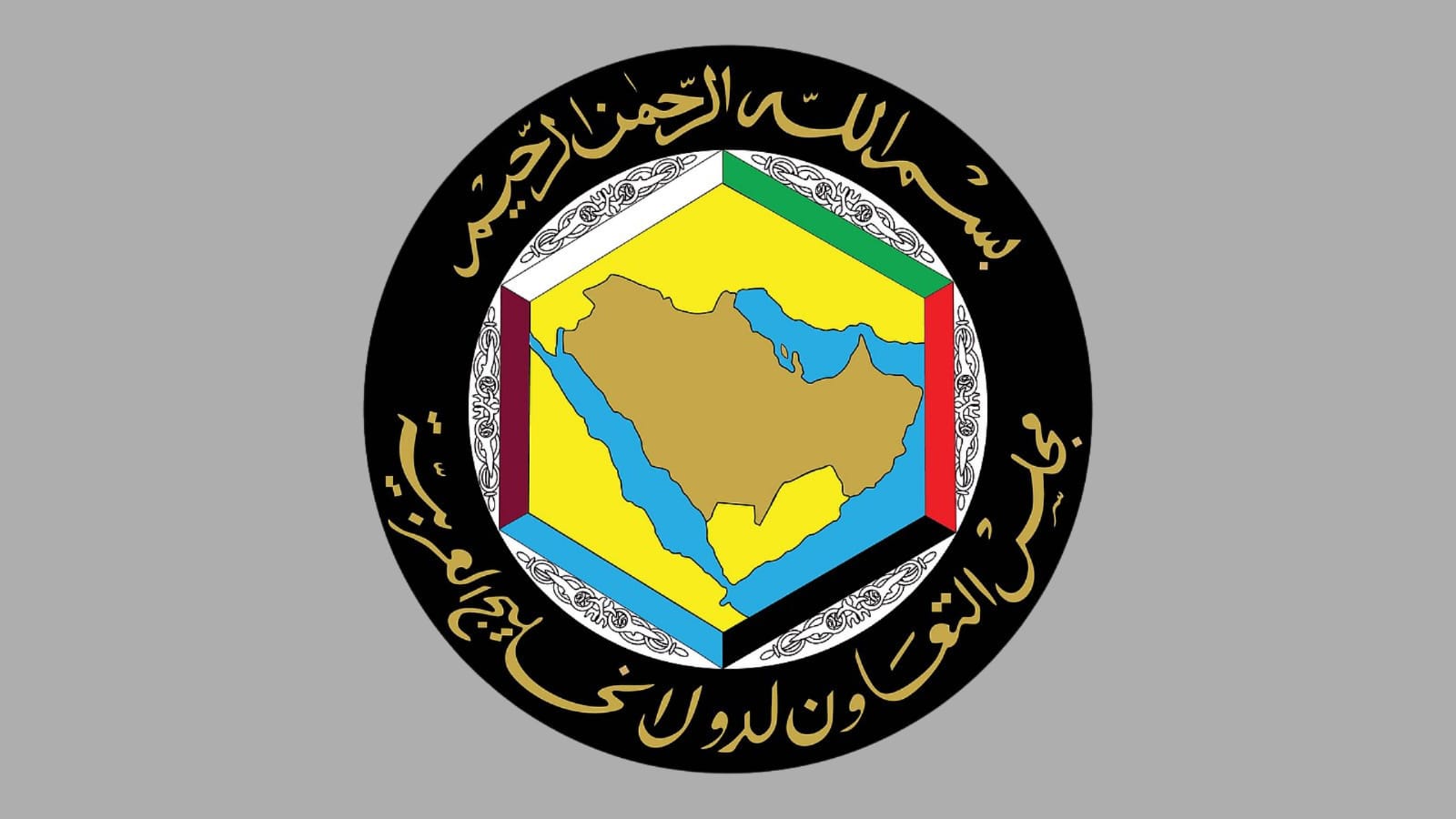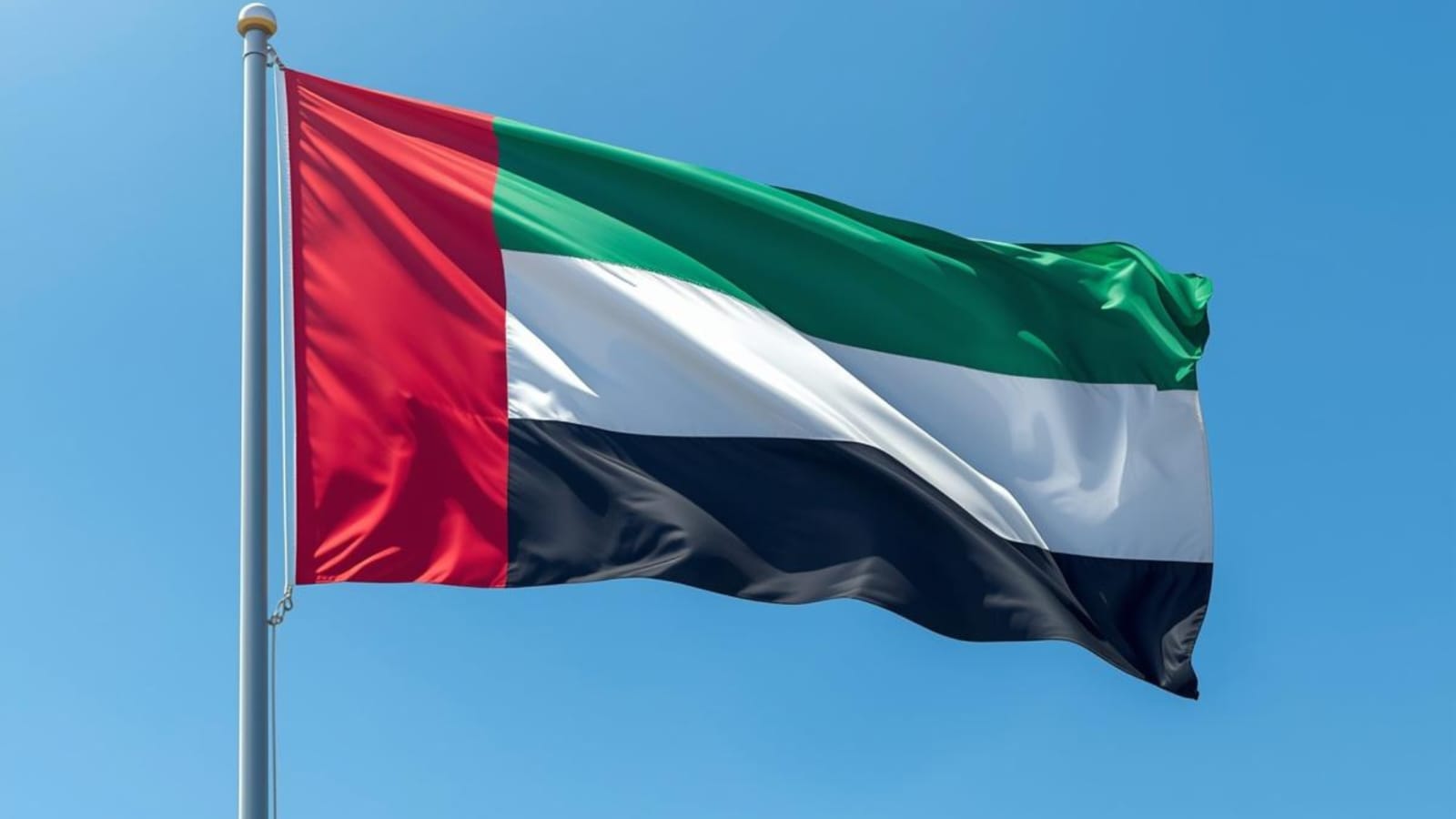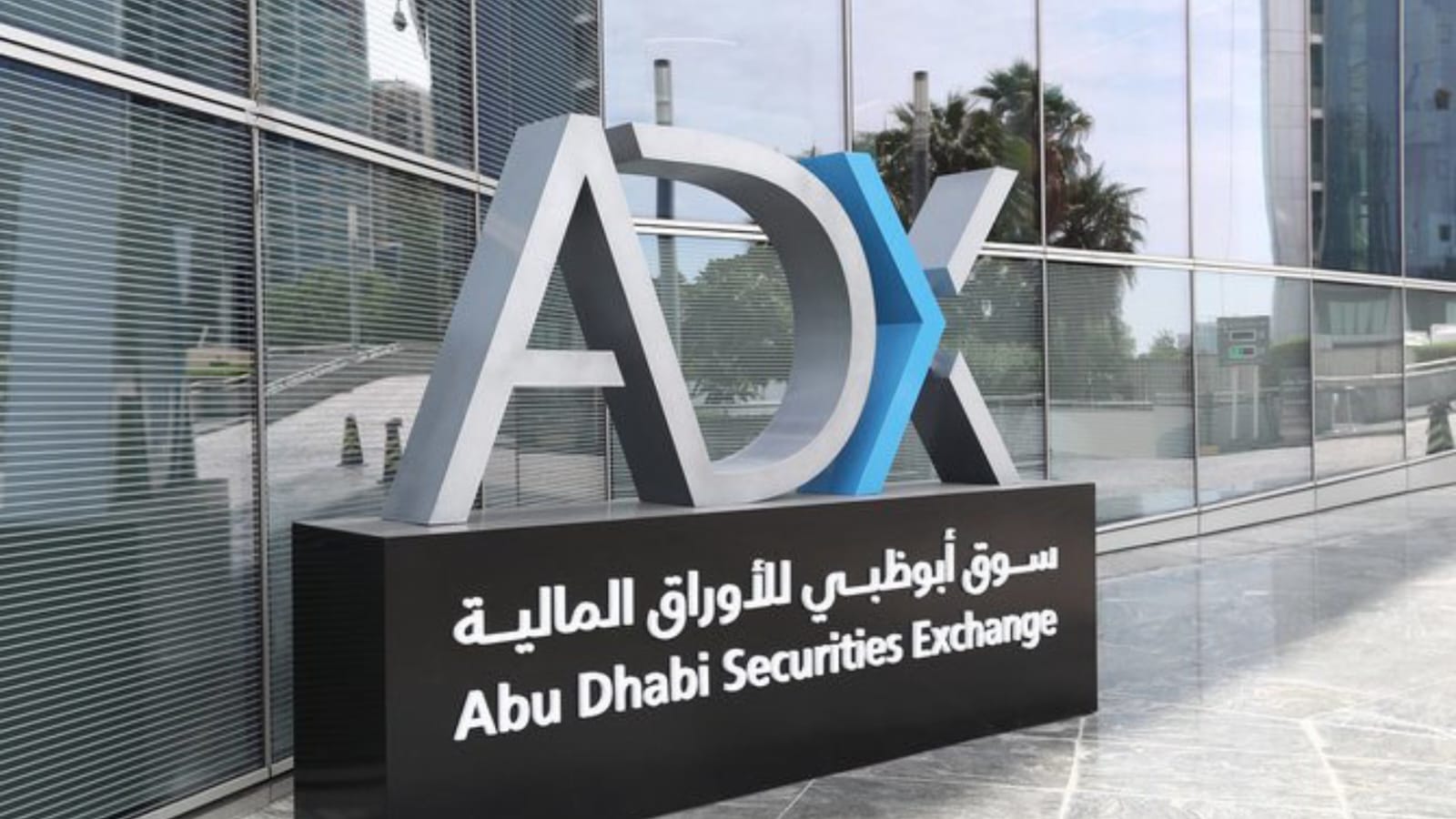United Nations Launches New AI Governance Mechanisms For Global Cooperation

Artificial Intelligence (AI) is shaping the future of humanity in ways never imagined before. From healthcare to education, business to governance, AI is influencing almost every sector of life. Recognizing both its benefits and its risks, the United Nations (UN) has taken a historic step by establishing two new mechanisms to promote international cooperation on AI governance.
This move, welcomed by UN Secretary-General António Guterres, shows the strong global commitment to ensure AI works for the benefit of all humanity, while reducing possible dangers. In this blog, we explore what these new mechanisms mean, why they are important, and how they can shape the future of AI for the world.
A Landmark Step Towards Global AI Cooperation
The decision to create two dedicated AI governance mechanisms marks a milestone in the international community’s journey towards responsible digital development. The two newly announced platforms are:
- United Nations Independent International Scientific Panel on AI
- Global Dialogue on AI Governance
Together, these mechanisms will bring experts, governments, private organizations, and civil society into a shared space where global standards and guidelines for AI can be discussed, developed, and monitored.
This development builds upon the Global Digital Compact, adopted in 2024 as part of the Pact for the Future, which highlighted the urgent need for ethical and transparent governance of digital technologies.
Why Global AI Governance Matters Now
AI is advancing at lightning speed. From ChatGPT-like models to autonomous vehicles, to AI-driven medical research, the pace of innovation is extraordinary. However, this rapid growth brings new challenges, such as:
- Misinformation and disinformation fueled by AI-generated content.
- Ethical concerns around bias, fairness, and data privacy.
- Cybersecurity risks with AI-powered hacking and surveillance.
- Job displacement due to automation.
Without proper global coordination, AI risks could outweigh its benefits. Countries may adopt inconsistent rules, creating fragmentation and conflict. That is why the UN’s step to centralize discussions and scientific evaluation under its umbrella is seen as groundbreaking.
The Independent International Scientific Panel on AI
One of the most exciting parts of the UN’s decision is the creation of the Independent International Scientific Panel on AI. This body will include leading global experts in technology, ethics, law, social sciences, and governance.
The panel will:
- Assess current and emerging AI technologies.
- Produce annual reports outlining opportunities and risks.
- Recommend ethical guidelines for AI use worldwide.
- Ensure AI development aligns with human rights and global security.
These reports will be presented during the Global Dialogue on AI Governance in July 2026 in Geneva and 2027 in New York, ensuring transparency and accountability.
The Global Dialogue on AI Governance
The Global Dialogue on AI Governance will serve as a platform for governments, private sector leaders, academics, and civil society to come together. Its purpose will be to create a global conversation on how AI should be governed.
Through this dialogue, countries can:
- Share best practices on AI regulation.
- Develop international agreements and frameworks.
- Build trust among nations on AI policies.
- Ensure AI benefits are distributed fairly and equally across societies.
This platform ensures that AI governance is not dominated by a single country or corporation but is shaped by collective wisdom and cooperation.
António Guterres: A Call for Collective Action
UN Secretary-General António Guterres has been one of the strongest voices calling for AI governance. In his statement, he highlighted that the new initiatives are a pathbreaking milestone, showing member states’ commitment to shaping a responsible AI future
He also emphasized that stakeholders worldwide must take part governments, companies, researchers, and citizens. Only through joint action can AI truly become a tool for the common good, rather than a source of division.
The UAE and the Middle East Perspective on AI Governance
The UAE and wider Middle East have been at the forefront of AI innovation. The UAE’s
National Strategy for Artificial Intelligence 2031 aims to make the country a world leader in AI adoption. Dubai, in particular, has launched initiatives like Dubai AI Lab and Smart Dubai, designed to integrate AI in daily governance and smart city services.
With the UN creating a global dialogue platform, countries like the UAE can share their progress while learning from others. The Middle East’s participation will also ensure the region’s unique perspectives and innovations are included in global policies.
How AI Governance Can Shape a Safer Future
The introduction of these mechanisms brings a ray of hope for balanced progress. Here’s how they can help:
- Protecting human rights by preventing harmful use of AI.
- Encouraging fair access to AI technology across developing nations.
- Promoting transparency in AI algorithms and decision-making.
- Setting ethical standards that apply worldwide.
In essence, these mechanisms could guide the world towards an AI-enabled future that is fair, secure, and sustainable.
Looking Ahead: What Happens Next?
The UN Secretary-General will soon launch an open call for nominations to form the Scientific Panel. Experts from around the globe will be invited to join.
Once formed, the panel will start reviewing AI technologies and policies, preparing for the first Global Dialogue in Geneva in 2026. This timeline provides enough space for countries and institutions to prepare their contributions.
The coming years will be critical in shaping a framework that ensures AI serves all of humanity.
A Defining Moment for Humanity and Technology
The establishment of these two AI governance mechanisms marks a turning point in the digital age. For the first time, the global community is creating a structured way to govern AI collectively.
The UN’s initiative does not aim to stop innovation it seeks to guide innovation responsibly. By promoting cooperation and setting global standards, these mechanisms can help unlock AI’s potential while minimizing risks.
The involvement of diverse stakeholders will ensure that AI evolves not as a threat but as a partner in building a better, more connected, and fairer future.
As António Guterres said, this is a historic opportunity to ensure that artificial intelligence truly serves the common good of all humanity.







